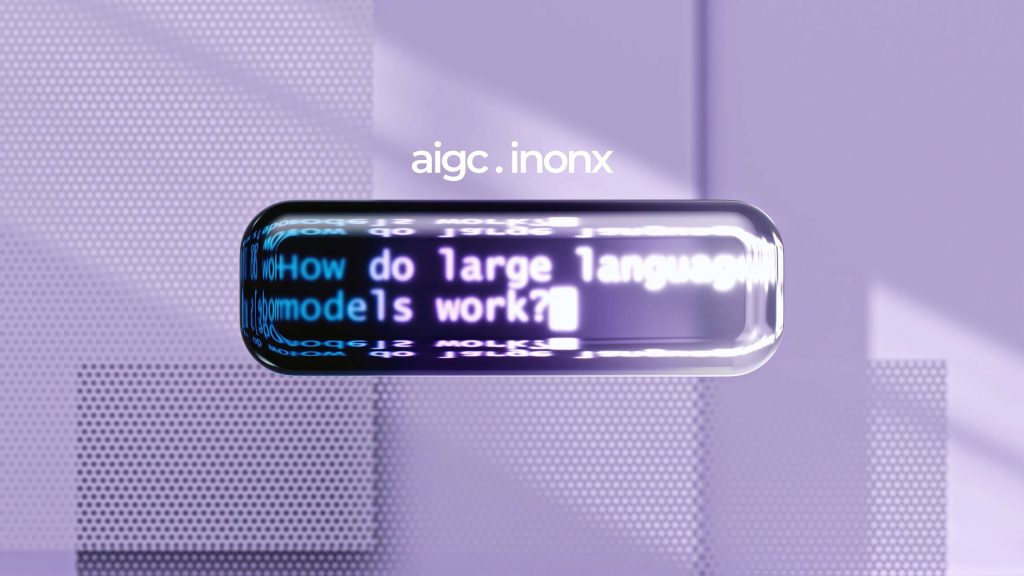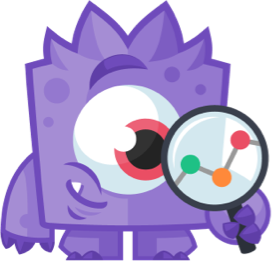In the fast-paced world of enterprise solutions, businesses are constantly seeking innovative methods to streamline processes and enhance productivity. Among the myriad of technological advancements, the newly developed AIOS (Artificial Intelligence Operating System) architecture is making significant waves in the realm of AI-powered task management. With the capability to automate mundane tasks and facilitate smarter decision-making, AIOS is poised to revolutionize how companies manage their workflows and resources.
The rise of AIOS architecture comes at a time when organizations are inundated with data and tasks, making traditional management practices increasingly inefficient. By leveraging the capabilities of AI, businesses can not only allocate resources more effectively but also predict project outcomes with impressive accuracy. The integration of AI technology within task management systems presents numerous benefits, from improved communication to enhanced accountability.
AIOS architecture is designed to provide a robust framework that supports various AI functionalities. Unlike conventional operating systems, which primarily focus on hardware-software interactions, AIOS is built to harness the full potential of AI capabilities. This new architecture facilitates seamless integration of machine learning, natural language processing, and data analytics into enterprise applications, enabling organizations to transform their task management processes.
One of the critical features of AIOS is its ability to learn from data and user interactions over time. This learning capability allows businesses to create a customizable task management system tailored to their unique needs. AIOS can analyze previous projects, assess team performance, and suggest workflow optimizations based on historical data. This results in more efficient task assignments, reduced bottlenecks, and enhanced team collaboration.
With an AI-powered task management system, enterprises can automate repetitive tasks that previously consumed significant time and resources. For instance, AIOS can automatically assign tasks based on team members’ availability and skillsets, ensuring that the right person is working on the right project at the right time. This intelligent automation not only conserves time but also fosters a sense of ownership and accountability among team members, as they are assigned roles that align with their expertise.
Furthermore, AIOS architecture offers predictive analytics capabilities, enabling organizations to anticipate challenges and make data-driven decisions. By analyzing past performance metrics, AIOS can identify potential risks before they escalate into significant issues. This foresight empowers teams to mitigate risks proactively, making them more agile and responsive to changing project dynamics.
Another competitive advantage of adopting AIOS for enterprise solutions is its ability to enhance collaboration across different departments. With the integration of AI-powered communication tools, teams can share updates, brainstorm ideas, and resolve issues in real-time. This interconnected environment promotes transparency and encourages knowledge sharing, ultimately driving innovation within the organization.
Moreover, AIOS architecture emphasizes data security and compliance—two critical aspects of contemporary business operations. AI-enabled task management systems can enforce strict access controls and monitor data usage, ensuring that sensitive information remains protected at all times. Additionally, AIOS can help organizations adhere to regulatory standards by automatically generating reports and maintaining comprehensive logs of task-related activities.
An ideal use case of AIOS for enterprise solutions can be seen in the project management sector. Many companies today find it challenging to manage multiple projects simultaneously while maintaining quality. By implementing AIOS architecture, project managers can leverage AI-powered tools to gain insights into project timelines, resource allocation, and team productivity. This all-encompassing view streamlines the management process, enabling managers to focus on strategic initiatives rather than getting bogged down by administrative tasks.
For instance, the construction industry has begun adopting AIOS architecture to enhance project management and coordination. With AI-driven tools, project managers can monitor the progress of multiple projects, identify potential delays, and allocate resources on-the-fly. By automating administrative tasks, construction firms can improve the accuracy of their project forecasts and ensure that projects are completed on time and within budget.
Similarly, the healthcare sector stands to gain significantly from AIOS for enterprise solutions. AI-powered task management can streamline the coordination between various hospital departments, from emergency services to patient care teams. By implementing an AIOS architecture, healthcare providers can reduce wait times and improve patient outcomes, ultimately leading to a more efficient healthcare system.
One of the most significant obstacles organizations face when implementing AIOS architecture is resistance to change. Many employees may feel threatened by the introduction of AI technologies, fearing that automation will render their jobs obsolete. To counter this, organizations must prioritize change management and upskilling programs. By offering training sessions and workshops centered around AI technology and its applications, businesses can empower employees to embrace new tools and techniques.
Additionally, it’s crucial to communicate the benefits of AIOS clearly. Employees need to understand how leveraging AI can ease their workloads and improve their overall job satisfaction. By reframing AI as a collaborator rather than a competitor, organizations can foster a culture of innovation and adaptability.
In conclusion, AIOS architecture represents a groundbreaking approach to AI-powered task management, enabling businesses to navigate the complexities of modern workflows efficiently. By automating tasks, enhancing collaboration, and leveraging data-driven insights, organizations can significantly improve their productivity and outcomes. As more enterprises discover the benefits of integrating AIOS into their operations, it is clear that this architecture is not just a trend but a solution designed to drive long-term success in a rapidly evolving business landscape.
By understanding the transformative potential of AIOS for enterprise solutions and embracing the accompanying changes, organizations can position themselves at the forefront of innovation and productivity. As we continue to advance into a new era shaped by artificial intelligence, the integration of AIOS into task management will undoubtedly pave the way for more intelligent and effective business operations.
**Sources:**
1. Gartner, “Forecast: Enterprise Application Software, Worldwide, 2020-2026.”
2. McKinsey & Company, “The future of work in the era of AI.”
3. Harvard Business Review, “How AI is Changing the Way Work Gets Done.”
4. Deloitte Insights, “The AI-powered organization: A new approach to talent management.”


























